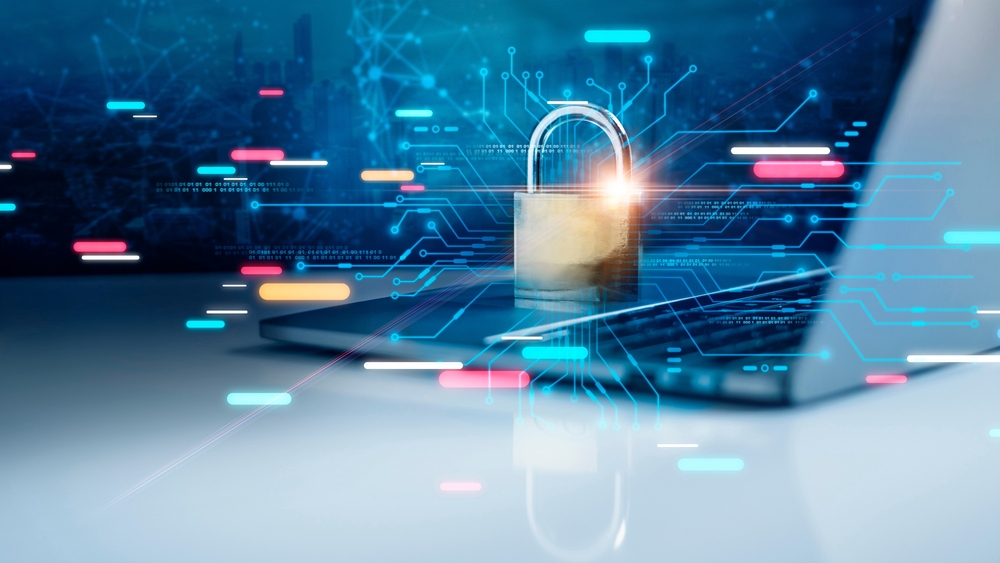Encryption is like a seatbelt for your data—don’t wait until an accident to buckle up.
– Wilson Alvarez
Understanding Modern Encryption and Securing Your Digital World
In today’s fast-paced digital environment, encryption is more critical than ever. With increasing cyber threats and data breaches, securing your information through encryption has become a must for individuals and businesses alike. Over the past decade, technology has evolved significantly, and so have the methods and tools used for encryption. This article will help you understand the modern landscape of encryption and how to keep your system secure in 2024.
What is Encryption, and Why Do You Need It?
Encryption is the process of converting your data into a code to prevent unauthorized access. Whether it’s your personal emails, financial records, or business files, encryption is essential to keeping your sensitive information secure. Modern encryption methods, like AES-256 (Advanced Encryption Standard), are much stronger and more resilient than older algorithms, ensuring your data stays protected from hackers.
One of the primary benefits of encryption is that it adds a layer of security to your files and communications. Even if a hacker intercepts your information, they won’t be able to read or use it without the decryption key. In an age where data breaches are on the rise, encryption has become the frontline defense against cyber-attacks.
Encrypting Your Emails
Emails remain one of the most vulnerable communication methods. Despite the widespread adoption of secure platforms like Office 365 and Gmail, which offer built-in encryption, additional measures can enhance security. Tools such as Pretty Good Privacy (PGP) or its free counterpart, GnuPG (GPG), continue to provide strong encryption for your emails. These programs work by encrypting your message and creating a unique key that only the intended recipient can use to unlock the content.
Even though platforms like Gmail and Office 365 now have enhanced security features, including encryption during transmission, using third-party encryption programs gives an extra layer of protection, ensuring that your most sensitive emails remain confidential.
Encrypting Your Files
File encryption is equally important, especially with the growing reliance on cloud storage and file-sharing services. Software such as BitLocker (for Windows) and FileVault (for macOS) offer robust file encryption solutions. They ensure that even if someone gains access to your computer or storage device, they won’t be able to read your files without the encryption key. Cloud providers like Google Drive and Dropbox now also offer file encryption, but it’s a good idea to encrypt your files before uploading them to the cloud.
By encrypting files, you protect personal information like social security numbers, passwords, and financial data. Even in the event of a cyber breach, encryption prevents criminals from accessing and using this valuable information.
How Secure Are Your Current Systems?
Platforms like Office 365 and Gmail have stepped up their game when it comes to encryption, but are they enough? Both services use TLS (Transport Layer Security) encryption, which protects emails during transit. However, for maximum security, users should consider end-to-end encryption tools. While Office 365 offers enhanced protection, especially in business environments, using additional encryption software like GPG ensures that even the most sophisticated cyber-attacks will struggle to access your data.
Gmail’s encryption also offers solid protection, but for those dealing with highly sensitive information, additional layers such as Secure/Multipurpose Internet Mail Extensions (S/MIME) can be beneficial.
As the renowned security expert Bruce Schneier once said, “Encryption works. Properly implemented strong crypto systems are one of the few things that you can rely on.” This quote reflects the enduring relevance of encryption in today’s digital age. Just as technology evolves, so do threats, making it essential to implement the best possible encryption methods to safeguard personal and corporate information.
Encryption is a crucial part of digital security. Whether it’s for emails or files, adding layers of encryption ensures that your sensitive data remains secure, even in the event of a breach. While modern platforms provide a good foundation, using additional tools strengthens your defenses.
Ready to secure your data? Don’t wait until it’s too late! Take control of your digital privacy by encrypting your files and emails today. For more information on the best encryption practices and tools, reach out to Wilson Alvarez for personalized advice.




